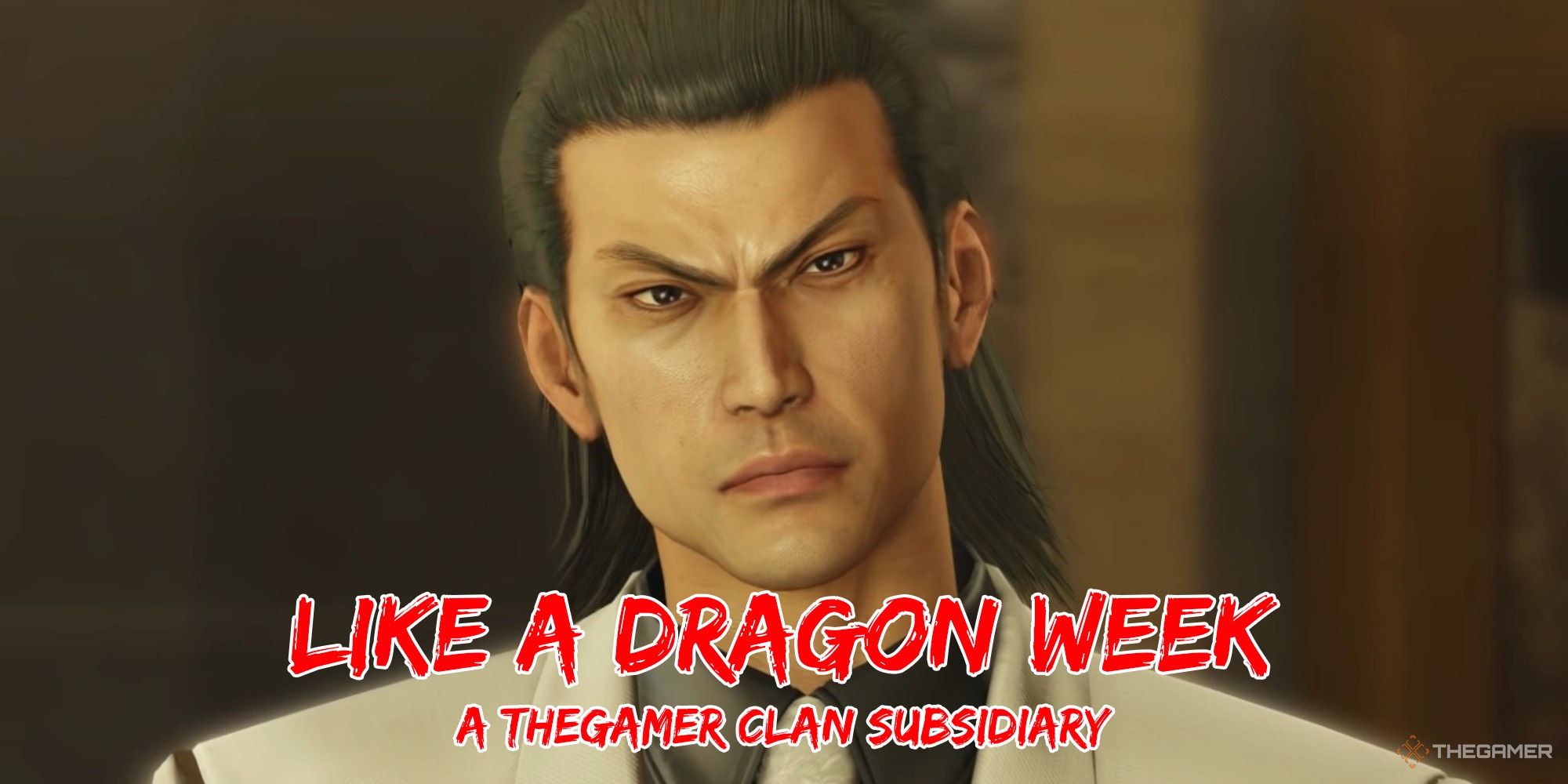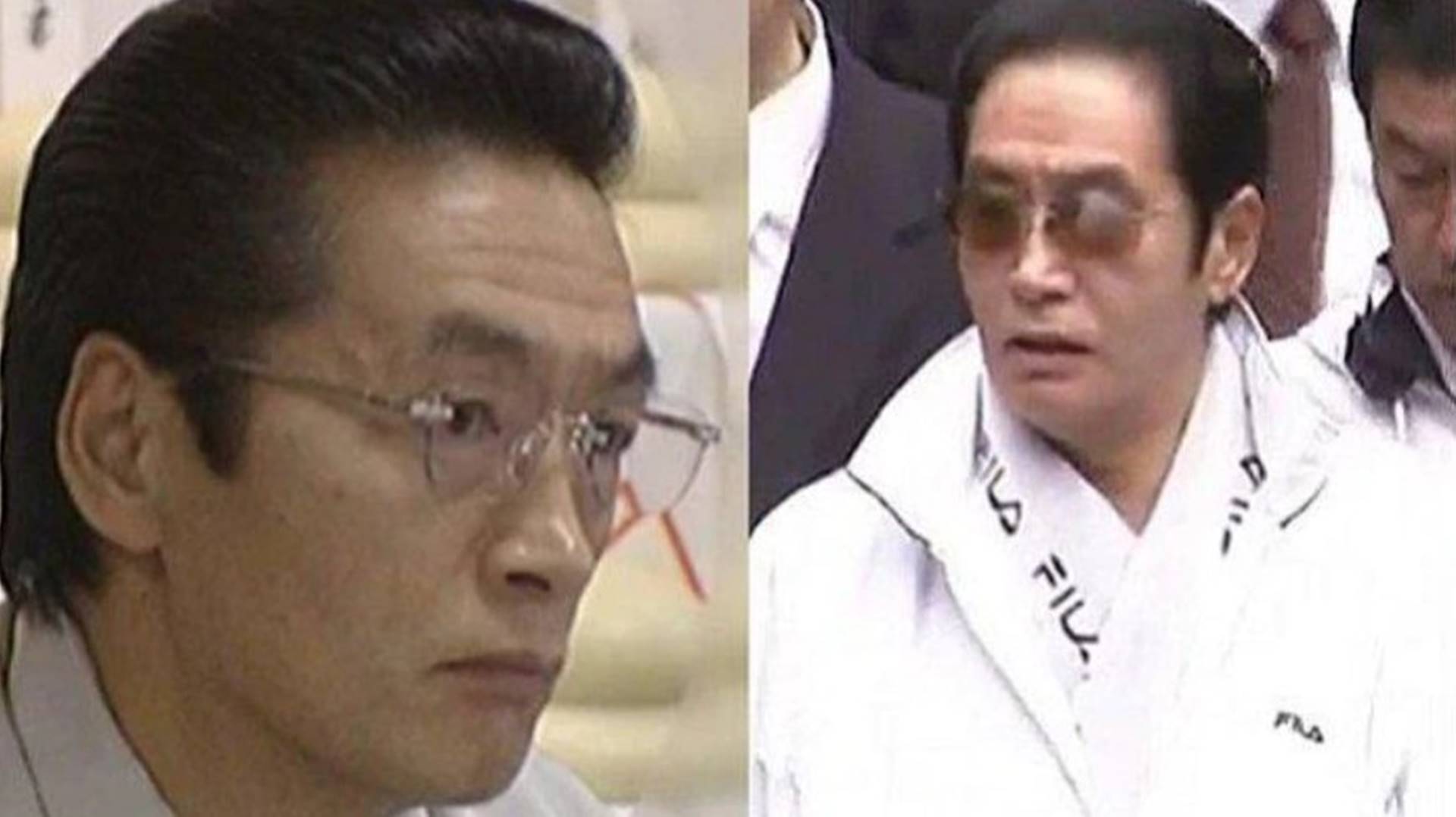When you hear the term "Yakuza boss," images of dark alleys, strict codes of honor, and intense loyalty might flash through your mind. But who are these enigmatic figures, really? The Yakuza, Japan's notorious organized crime syndicate, has been around for centuries, and its leaders have shaped not only the underworld but also aspects of mainstream society. In this article, we'll dive deep into the world of Yakuza bosses, exploring their history, influence, and the intricate web of power they wield.
Picture this: a man with tattoos covering his body, wearing an expensive suit, and commanding respect with just a glance. That's the stereotype of a Yakuza boss, but there's so much more to the story. These leaders aren't just criminals; they're figures who operate within a complex system of traditions, rituals, and relationships that go back hundreds of years. Understanding the Yakuza boss is like peeling back the layers of an onion, revealing both the darkness and the surprising codes of honor that define their world.
As we explore this fascinating topic, we'll uncover the truth behind the myths, delve into real-life examples, and examine how Yakuza bosses have adapted to the modern world. Whether you're fascinated by crime dramas or simply curious about the darker corners of human society, this article will take you on a journey through the shadowy world of Japan's most powerful criminal figures.
Read also:Morgan Vera Onlyfans Leaks The Truth Behind The Headlines
Table of Contents
- The History of Yakuza Bosses
- Biography of a Yakuza Boss
- The Structure of Yakuza Organizations
- Codes of Conduct in the Yakuza
- Influence on Japanese Society
- The Modern Yakuza Boss
- Challenges Facing Yakuza Bosses Today
- Famous Yakuza Bosses in History
- Legal Battles and Crackdowns
- The Future of Yakuza Bosses
The History of Yakuza Bosses
The Yakuza have been around for over 400 years, with roots tracing back to Japan's Edo period. Back then, the term "Yakuza" referred to gamblers and outcasts who formed gangs for protection and profit. Over time, these groups evolved into powerful organizations, each led by a charismatic and cunning Yakuza boss. These leaders were often seen as both feared and respected figures in their communities, maintaining a delicate balance between crime and tradition.
Throughout history, Yakuza bosses have played significant roles in shaping Japanese society. During World War II, some Yakuza groups collaborated with the government, while others resisted. After the war, the Yakuza rebuilt their networks and expanded their influence, adapting to the changing political and economic landscape. Today, Yakuza bosses continue to operate in a world where tradition meets modernity, navigating the complexities of globalization and technology.
Origins of the Yakuza
The origins of the Yakuza can be traced to two main groups: the Bakuto (gamblers) and the Tekiya (peddlers). These groups eventually merged, forming the foundation of modern Yakuza organizations. Yakuza bosses emerged as leaders who could unify these disparate groups under a single banner, creating a structure that would endure for centuries.
Biography of a Yakuza Boss
Let's take a closer look at what makes a Yakuza boss tick. These individuals aren't born into their roles; they rise through the ranks, proving their loyalty, intelligence, and ruthlessness. A typical Yakuza boss might start as a low-ranking member, working their way up by completing dangerous missions and demonstrating unwavering dedication to their organization.
Here's a glimpse into the life of a Yakuza boss:
| Name | Kazuo Taoka |
|---|---|
| Born | January 14, 1912 |
| Died | July 12, 1981 |
| Organization | Yamaguchi-gumi |
| Known For | Expanding the Yamaguchi-gumi's influence |
Key Traits of a Yakuza Boss
- Unwavering loyalty to their organization
- Strong leadership skills
- Keen understanding of both traditional and modern criminal activities
- Ability to navigate complex relationships with law enforcement and other criminal groups
The Structure of Yakuza Organizations
Yakuza organizations are structured like family trees, with a clear hierarchy that defines roles and responsibilities. At the top sits the Yakuza boss, often referred to as the "Oyabun" or "Godfather." Below the boss are various levels of subordinates, each with their own duties and obligations. This structure ensures that power flows smoothly from the top down, maintaining order within the organization.
Read also:Mackenzie Rosman The Rising Star Redefining Hollywoods Next Generation
Roles Within a Yakuza Syndicate
While the Yakuza boss is the ultimate authority, other key roles include:
- Wakagashira: The second-in-command, responsible for overseeing day-to-day operations
- Komon: The advisor, who provides counsel and resolves disputes
- Kobun: Lower-ranking members who carry out tasks assigned by their superiors
Codes of Conduct in the Yakuza
One of the most fascinating aspects of the Yakuza is their strict code of conduct, known as the "Ninkyo." This code emphasizes loyalty, respect, and honor, even in the world of crime. Yakuza bosses instill these values in their members from the moment they join the organization, ensuring that everyone understands the importance of adhering to the rules.
Key principles of the Ninkyo include:
- Giri: A sense of duty and obligation to one's superiors and peers
- Ninjo: Compassion and empathy towards others
- Honne and Tatemae: The distinction between true intentions and outward appearances
Influence on Japanese Society
Despite their criminal activities, Yakuza bosses have had a significant impact on Japanese society. In some cases, they've acted as unofficial police forces in rural areas, maintaining order and protecting local communities. During natural disasters, Yakuza groups have been known to provide aid and supplies, earning them a degree of respect from the general public.
However, the Yakuza's influence isn't always positive. Their involvement in illegal activities such as drug trafficking, human trafficking, and extortion has caused widespread harm. Law enforcement agencies continue to crack down on Yakuza organizations, striving to reduce their impact on society.
The Modern Yakuza Boss
As the world changes, so too do the Yakuza and their leaders. Modern Yakuza bosses must contend with new challenges, including globalization, technological advancements, and increased scrutiny from law enforcement. Some have adapted by diversifying their operations, moving into areas such as cybercrime and financial fraud.
Others have embraced a more corporate approach, operating businesses that appear legitimate on the surface while masking illegal activities beneath. This shift reflects the evolving nature of organized crime in the 21st century, where Yakuza bosses must be as savvy in the boardroom as they are on the streets.
Challenges Facing Yakuza Bosses Today
Today's Yakuza bosses face numerous challenges, both internal and external. Internally, they must contend with declining membership numbers and generational shifts that challenge traditional values. Externally, they face increasing pressure from law enforcement agencies and anti-organized crime laws.
One of the most significant challenges is the Anti-Boryokudan Law, enacted in 1992, which makes it illegal to do business with Yakuza members. This law has forced Yakuza organizations to become more secretive and elusive, making it harder for them to operate openly.
Famous Yakuza Bosses in History
Throughout history, certain Yakuza bosses have stood out for their influence and notoriety. Here are a few notable figures:
- Kazuo Taoka: The longest-serving boss of the Yamaguchi-gumi, who expanded the organization's reach significantly
- Kenji Osawa: Known for his role in the 1960 assassination of Japanese politician Inejiro Asanuma
- Masaru Takumi: A former police officer turned Yakuza boss, infamous for his involvement in the 1980s drug trade
Legal Battles and Crackdowns
Law enforcement agencies around the world have ramped up their efforts to dismantle Yakuza organizations. In Japan, the National Police Agency has implemented various strategies to weaken Yakuza influence, including increased surveillance, arrests, and asset seizures. International cooperation has also played a key role, with agencies sharing intelligence to target global Yakuza operations.
Despite these efforts, Yakuza bosses remain elusive figures, adept at hiding their activities and evading capture. Their ability to adapt and survive in the face of adversity is a testament to their cunning and resilience.
The Future of Yakuza Bosses
Looking ahead, the future of Yakuza bosses remains uncertain. As technology continues to evolve, so too will the methods used by these criminal leaders. Some experts predict a shift towards more digital forms of crime, while others believe that traditional activities such as extortion and drug trafficking will remain central to Yakuza operations.
What is certain is that Yakuza bosses will continue to play a significant role in the world of organized crime, shaping the landscape of both Japan and the global underworld. Whether they'll thrive or decline remains to be seen, but one thing is clear: the legacy of the Yakuza boss will endure for years to come.
Kesimpulan
We've journeyed through the shadowy world of Yakuza bosses, exploring their history, structure, and influence on society. From their origins as outcasts to their current status as powerful criminal leaders, Yakuza bosses have left an indelible mark on Japan and beyond. As we've seen, these figures are complex, embodying both the darkness and the honor of the Yakuza tradition.
So, what can we take away from this exploration? First, the Yakuza boss is more than just a stereotype; they're real people with real stories. Second, the world of organized crime is constantly evolving, requiring Yakuza bosses to adapt and innovate to survive. Finally, understanding the Yakuza and their leaders provides valuable insights into the darker corners of human society.
We invite you to share your thoughts in the comments below. Have you encountered the Yakuza in media or real life? What fascinates you most about these enigmatic figures? And don't forget to explore other articles on our site for more insights into the world of crime, history, and culture.


